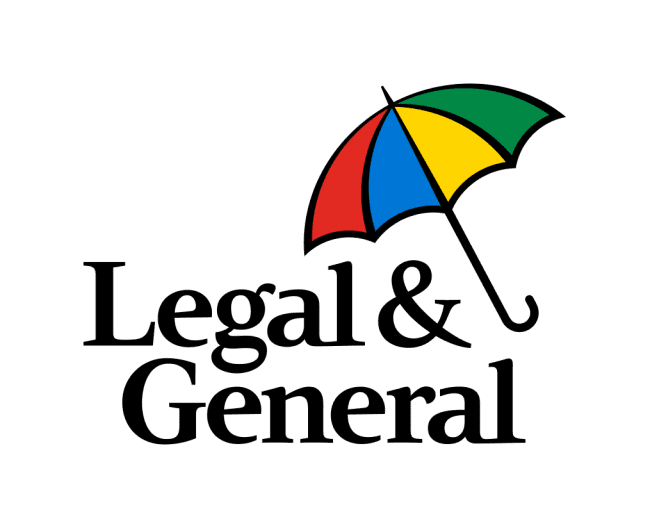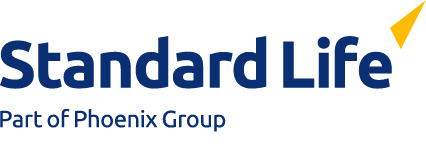
Important Points
- Equity Release is available to homeowners over 55.
- Money released is paid tax-free.
- It is not necessary to make monthly repayments.
- You retain the right to live in your property.
- Equity release plans are regulated by the Financial Conduct Authority (FCA).
- Equity release is not right for everyone – we’ll advise you depending on your circumstances and goals.
- Equity Release: To understand the features and risks, please ask for a personalised illustration. Check that this mortgage will meet your needs if you want to move or sell your home or you want your family to inherit it. If you are in any doubt, seek independent advice

Equity Released from Your Home Can Be Used for Anything You Wish
Home improvements
Use the funds to adapt or improve your home to remain living there for longer.
Pay off debts
This can take the form of outstanding mortgages, credit cards or personal loans.
Social care
Pay for help around the home, including domiciliary social care.
Purchases
Purchase a new car or other ‘large ticket’ item, such as a holiday.
Financial assistance
Provide financial assistance to children and grandchildren, perhaps with a deposit on a house or to help them through university.
New property
Fund the purchase of a new property, including the option of paying interest on the loan.
Types of Equity Release
There are two types of equity release products; Home reversion and lifetime mortgages. With home reversion, your house is sold.
According to the Equity Release Council, home reversion plans make up less than 1% of the equity release market.
| Lifetime Mortgages | Home Reversion* |
|---|---|
| The client retains ownership of their home and the right to live in it. | The client’s home is sold or part-sold to an investment company but retains the right to live in it until death (usually rent-free). |
| A tax-free loan is secured on property, which needs to be the primary residence. | The investment company pays a lump sum amount or instalments. |
| No interest payments are required, but plans with no payment penalty are available. | An investment company cannot sell the property until death or upon the entrance into long term care. |
| The property needs to be well-maintained and insured. | There is a chance the client will not get the property’s total market value since the buyer is restricted to when they can sell. |
| The loan and any accrued interest are paid back when your property is sold upon death or the entrance into long-term care. | The property needs to be well-maintained and insured. |
| All plans from lenders who are part of the Equity Release Council are required to have a no negative equity guarantee – meaning no money will be owed to the lender upon death or the entrance into long-term care. This can protect against cases where the property has significantly dropped in value. | A proportion of the property can be ring-fenced to be inherited by the client’s family. |
| An increase in house prices may offset some of which is owed. | Not able to benefit should the house value increase if all of the property is sold. |
| Interest is charged on a compound basis, but there are options to make payments or optional payments to reduce this compounding effect. | There are no interest payments. |
| The minimum age is usually 55, but some plans are for those aged 60+. | Minimum ages are usually higher than they are for lifetime mortgages. |
| A proportion of the property can be ring-fenced to be inherited by the client’s family. | It is not possible to port the plan to another property. |
| A lifetime mortgage reduces the value of the client’s estate. | Once the property is sold, the home reversion company will receive its share. With some schemes, it may be possible to sell half of your residence, with the other half being left to your beneficiaries. |
| With most lenders and plans, the mortgage can be ported to another property. This likely depends on LTV etc and is often called downsizing protection. | Less than 1% of equity release schemes taken out are Home Reversion plans, according to the Equity Release Council. |
How it works
Advice
Contact our expert advisors, by phone, in person or via a video call.
Search
Your financial adviser will research to find the most suitable plan for your needs and explain any appropriate options.
Apply
If you agree with the option presented, an application can be made to the lender.
Legal
An independent valuation is conducted and a solicitor confirms your application. Lenders will make the formal mortgage offer.
Complete
A tax-free lump sum is unlocked from your property is paid to your bank account to use how you wish.
Equity Release Council
All equity release schemes offered by Beyond Equity conform to the guidelines set by the Equity Release Council.
No Negative
Equity Guarantee
The council help ensure the market is safe and reliable for consumers.
We are members
of the council










